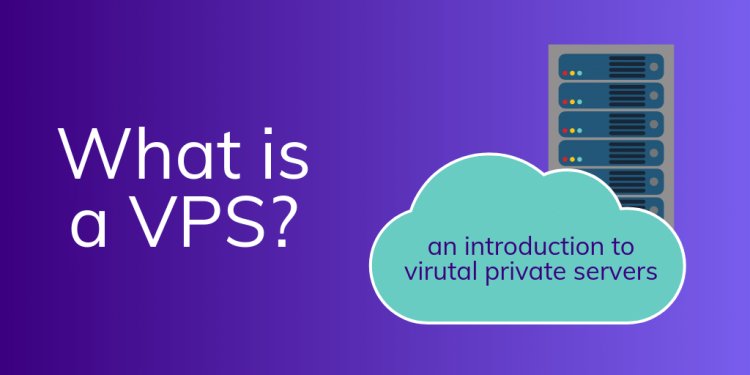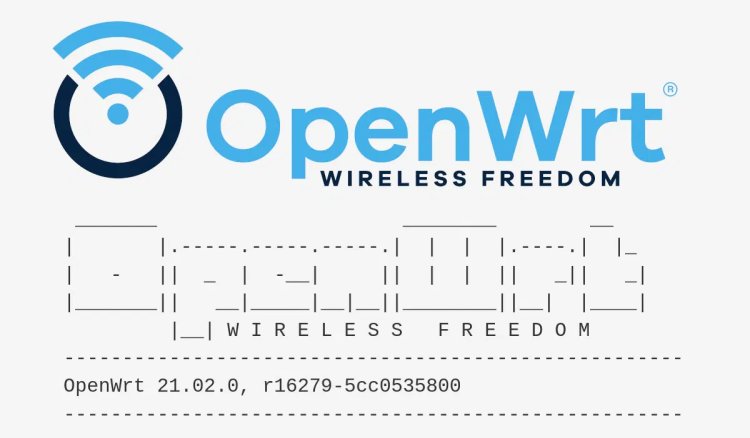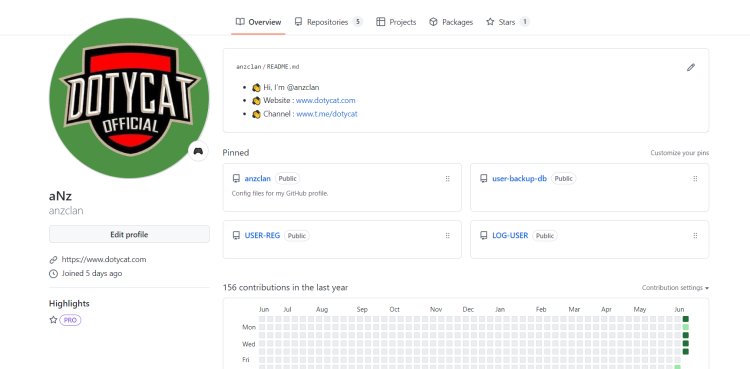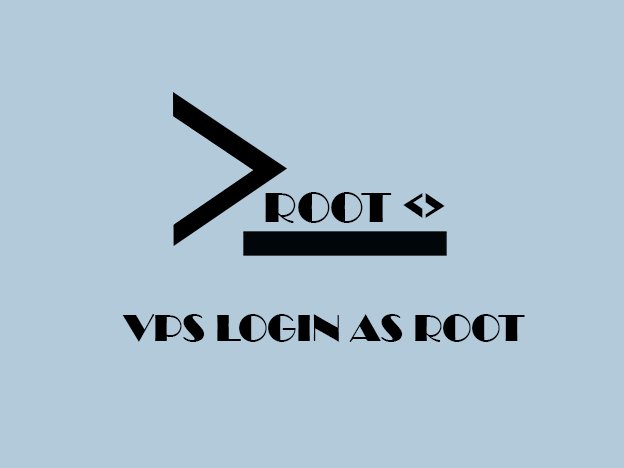
Summary
This time I will share about 'Demystifying VPS: A Comprehensive Guide to Virtual Private Servers'
Continue reading about our main topic which is Demystifying VPS: A Comprehensive Guide to Virtual Private Servers
Uncover the intricacies of Virtual Private Servers (VPS) with this in-depth guide. Find out about VPS pricing in Malaysia, differentiate between VPS and VPN, and grasp the legal considerations of repurposing a VPS as a VPN. Get your VPS insights here.
What is a VPS?
A Virtual Private Server (VPS) is a virtualized server environment that offers dedicated resources within a larger physical server. It allows users to run their own operating systems and applications, providing greater control, performance, and security compared to shared hosting.
-
Enhanced Performance: VPS hosting offers dedicated resources, including CPU, RAM, and storage, ensuring consistent and reliable performance for your websites and applications.
-
Customization: Users have full control over their VPS environment, allowing them to install software, configure settings, and manage resources according to their needs.
-
Isolation: VPS hosting provides a high level of isolation, preventing the actions of one user from affecting others on the same physical server.
-
Security: VPS instances are isolated, making them more secure than shared hosting. Users can implement their security measures and firewall rules.
How much does VPS cost in Malaysia?
The cost of VPS hosting in Malaysia varies based on factors such as the hosting provider, plan features, and resource allocation. Basic VPS plans can start at around RM30+ to RM200 per month, while high-performance plans with more resources may cost RM300 or more per month. The price depends on your specific hosting requirements and budget.
Is a VPS better than a VPN?
VPS (Virtual Private Server) and VPN (Virtual Private Network) serve different purposes. A VPS is primarily for hosting websites and applications, offering dedicated resources and customization options. On the other hand, a VPN is used for enhancing online privacy and security, encrypting internet connections, and bypassing geo-restrictions. The choice between VPS and VPN depends on your specific needs.
Is it legal to use VPS as VPN?
Using a VPS as a VPN is technically possible, but it's important to consider the legality and terms of service of both services. Hosting providers often have policies against using their servers for VPN purposes, and violating these policies can result in the suspension or termination of your VPS account. When using a VPN service, ensure you use it in compliance with local laws and avoid engaging in illegal activities while connected to a VPN.
Conclusion
So I think you might understand and like our article about Demystifying VPS: A Comprehensive Guide to Virtual Private Servers. So in my conclusion, If you don't understand any of the steps then don't hesitate to leave a comment in the space we have provided.
Share with your friends and spread this article to the whole world😍
Assalamualaikummm..







